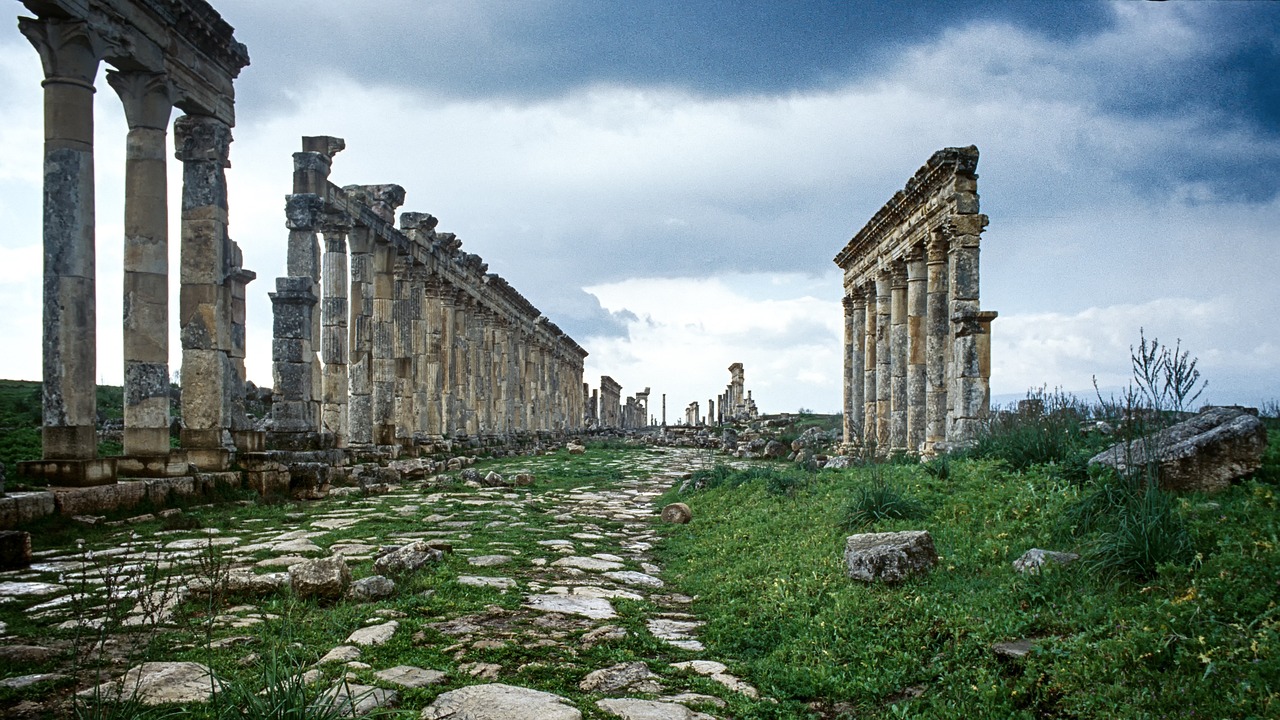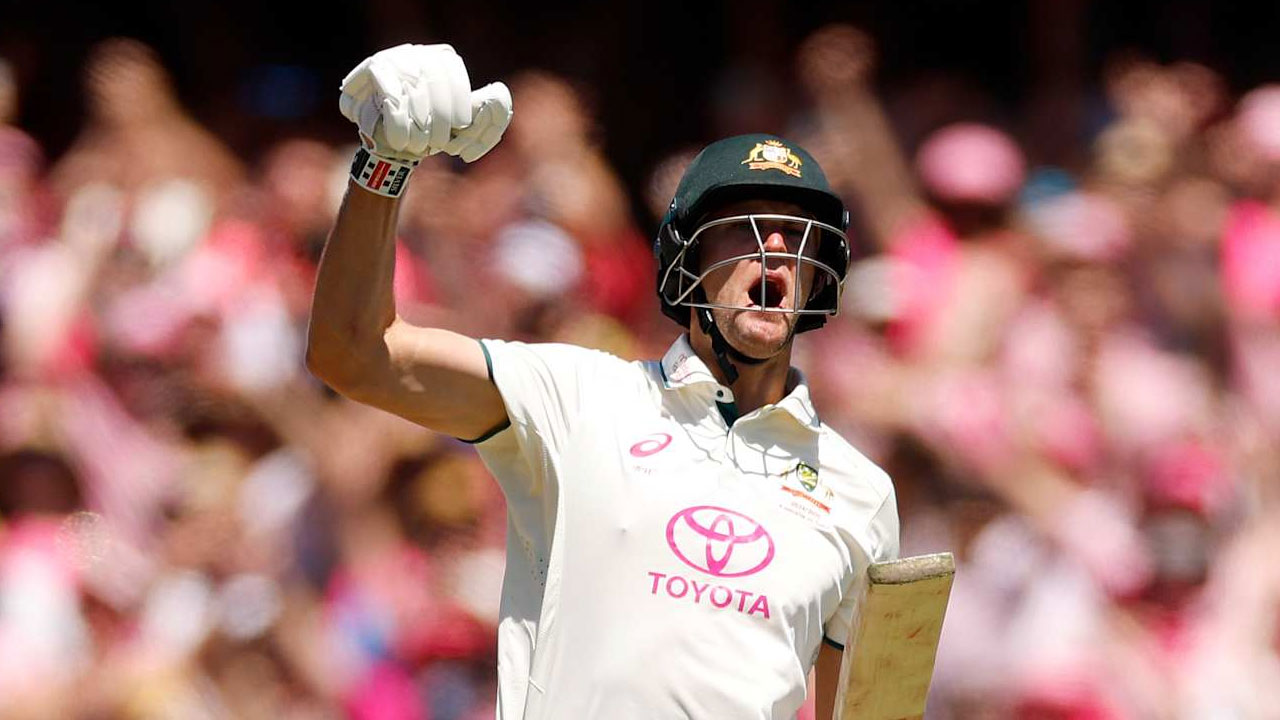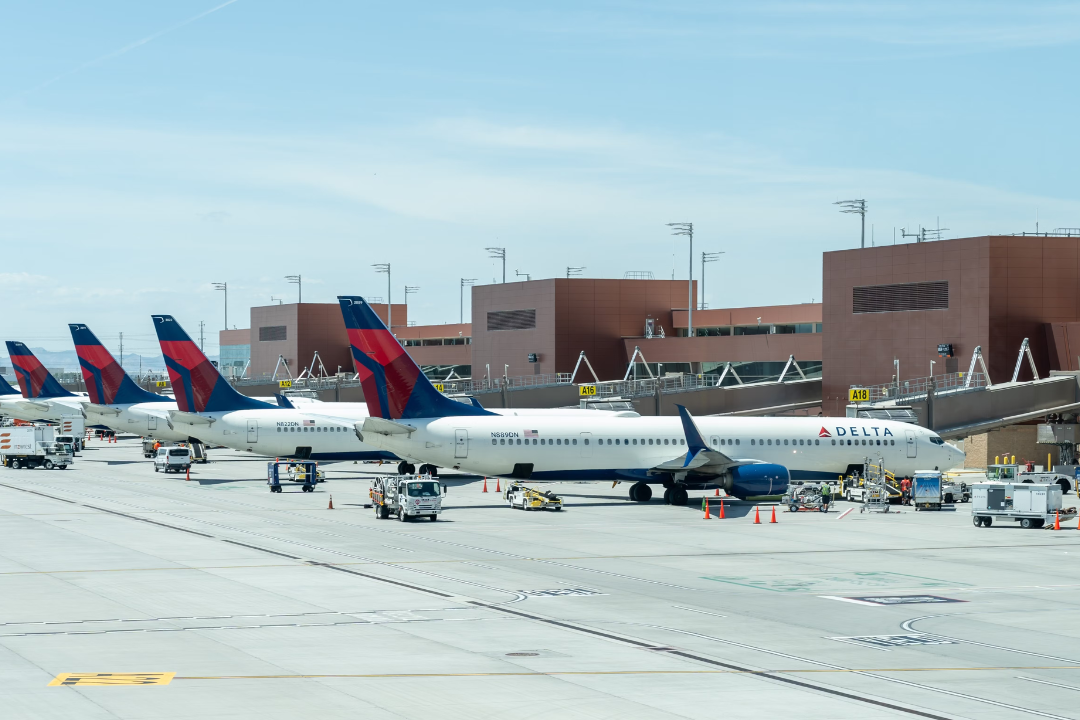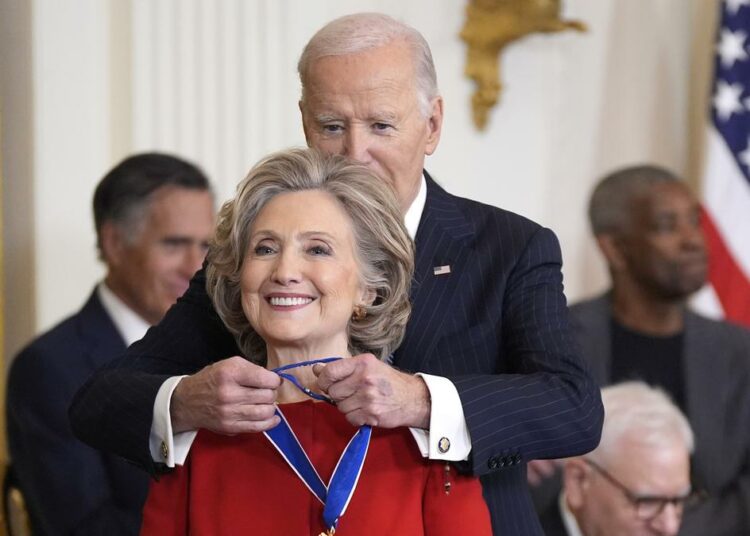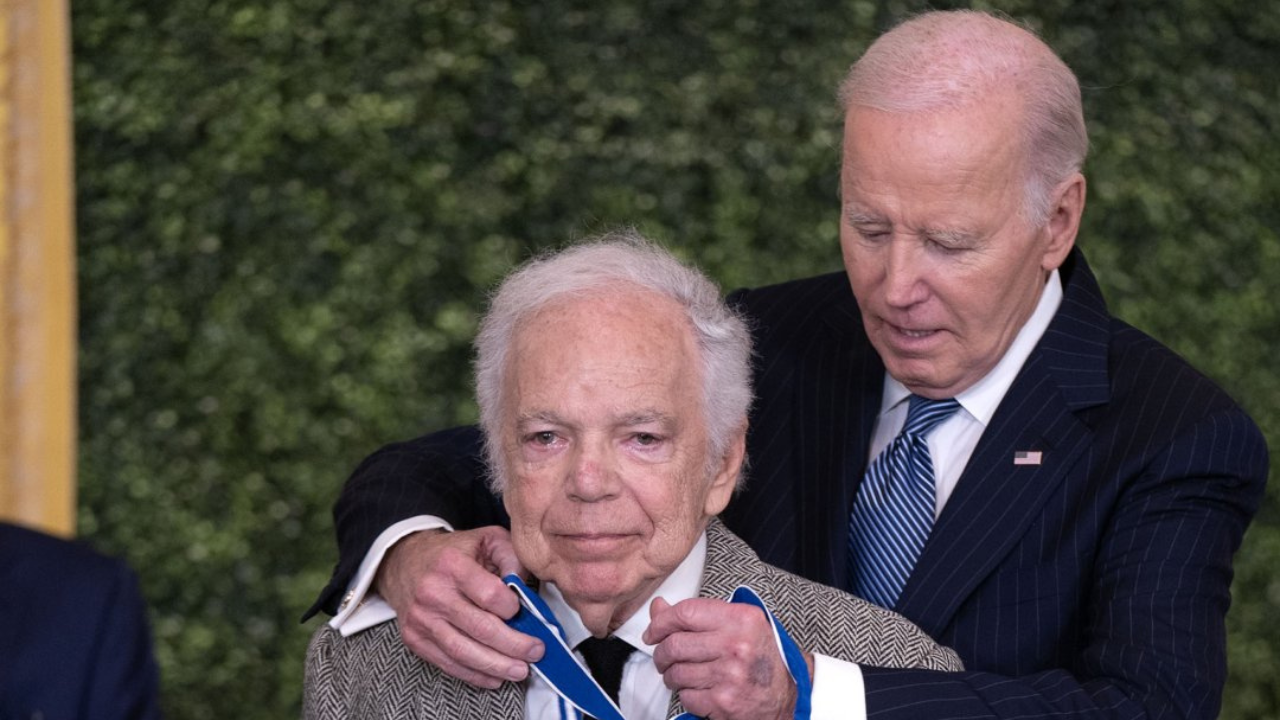After the apparent benefits to Israel of Syria’s government collapse, the best time to ensure “escalation dominance” and a non-nuclear Iran will still be while its recalcitrant enemy in Tehran is still pre-nuclear. Though Israel’s capacity for missile defense against Iran has already been demonstrated by Jerusalem, even the best active defenses could never offer Israel a reliably long-term survival substitute for apt strategies of offense. Finally because Iran maintains close security ties with an already-nuclear North Korea, Israel will have to consider that non-Islamist adversary in its “post-Syria” calculations and calibrations.
Of related importance, Israel will need to determine how the fall of Russia’s surrogate in Damascus will impact Moscow’s continued support of Tehran. After the Syrian collapse, Israel’s nuclear strategy will remain relevant to Iranian non-nuclear threats. Determining variously precise levels of strategic relevance, however, would be difficult in periods of active warfare.
During such bewildering periods, Israeli determinations would depend significantly on “soft” explanatory factors such as Iranian leadership rationality and the anticipated destructiveness of Iran-inflicted non-nuclear harms. Moreover, this critical dependence would apply to Iranian first-strike attacks, retaliatory attacks and counter-retaliatory attacks. Variously intersecting issues will need to be considered in Jerusalem.
It would be capricious to argue th.
